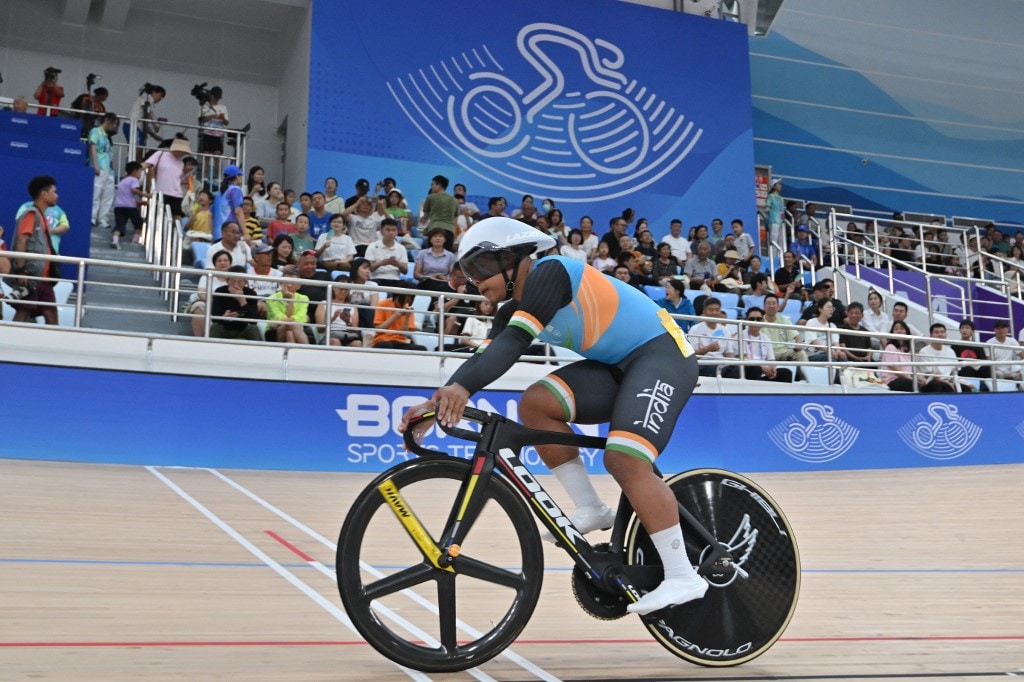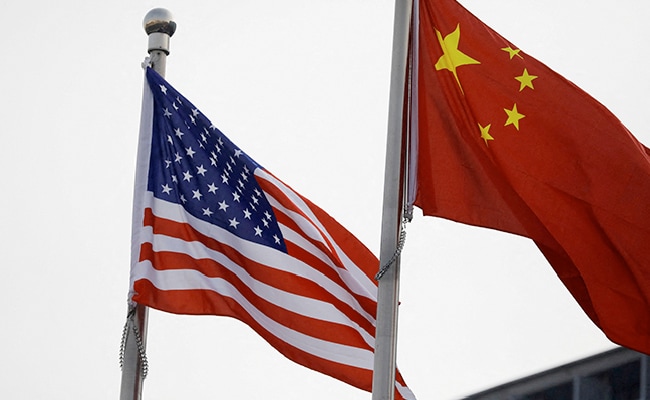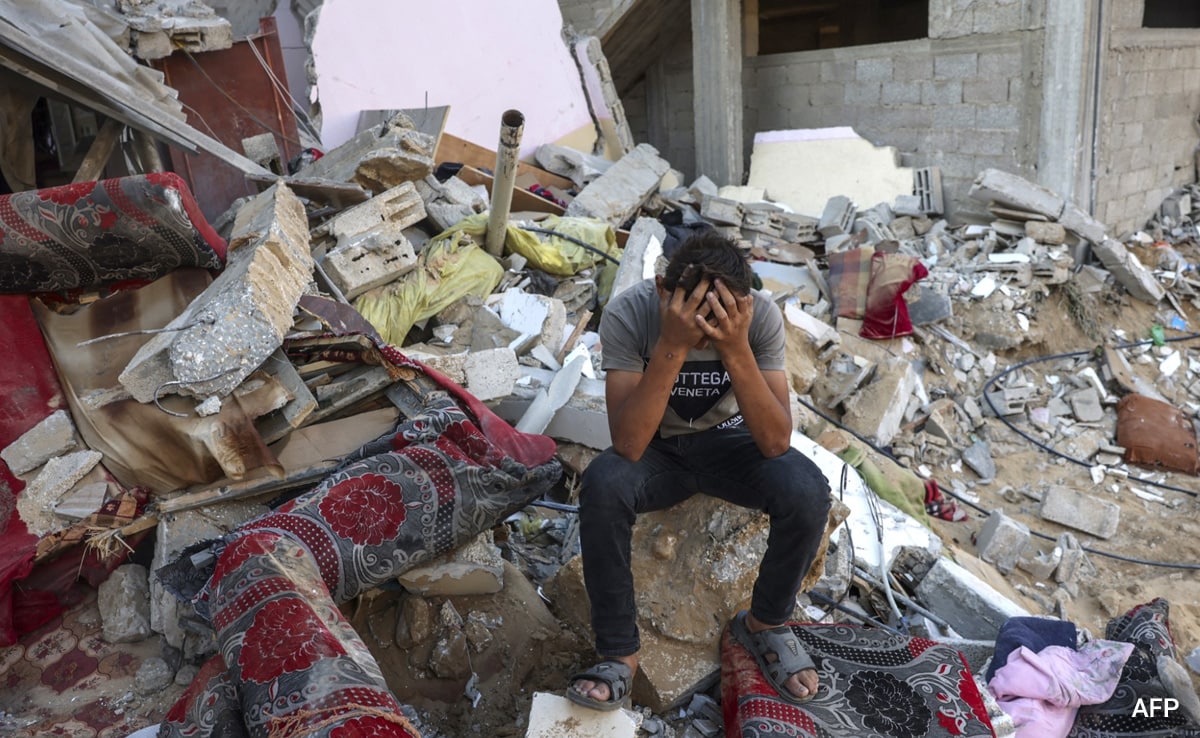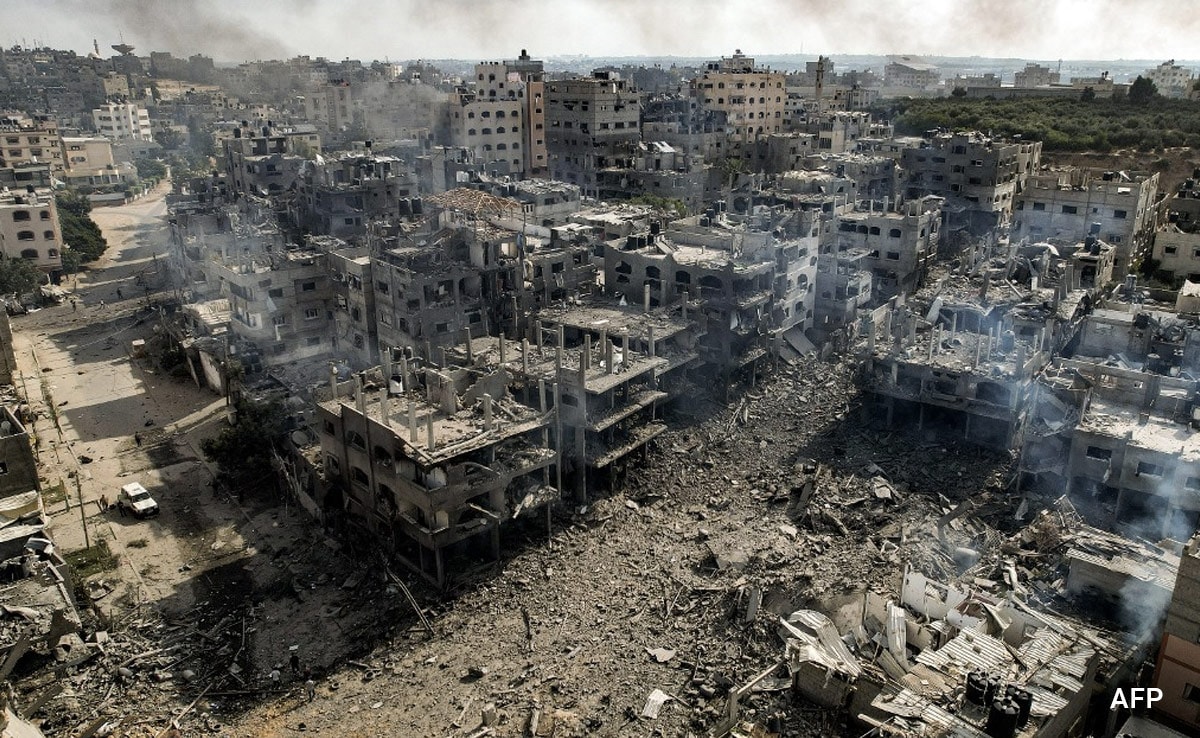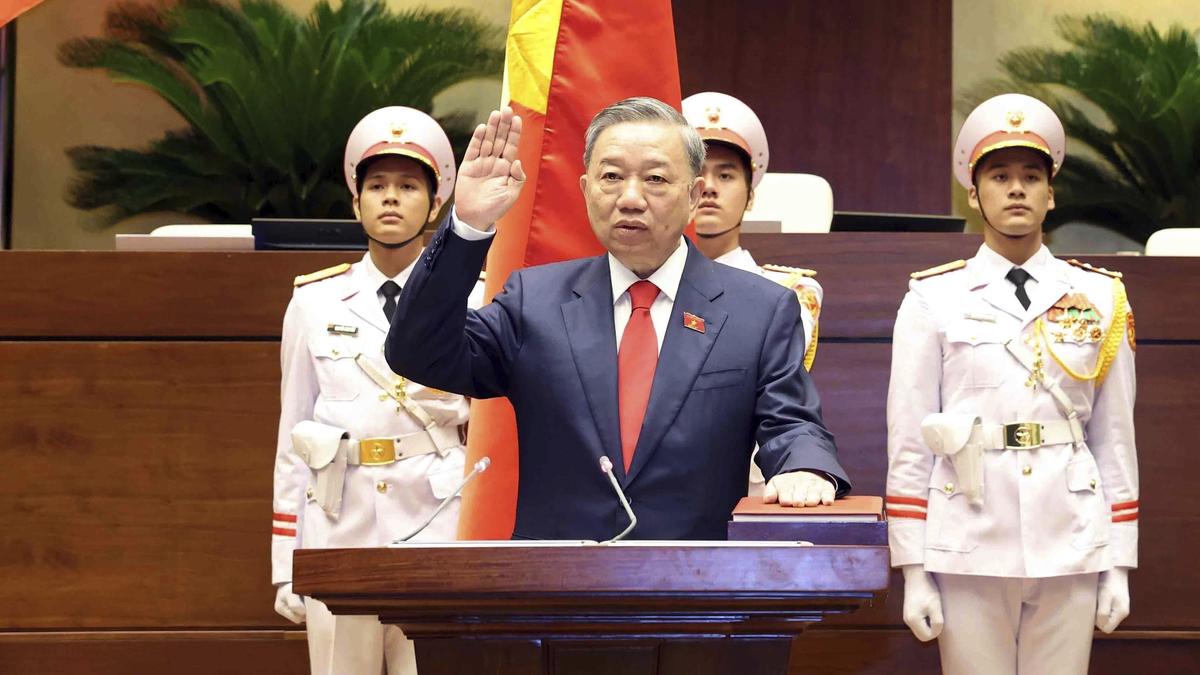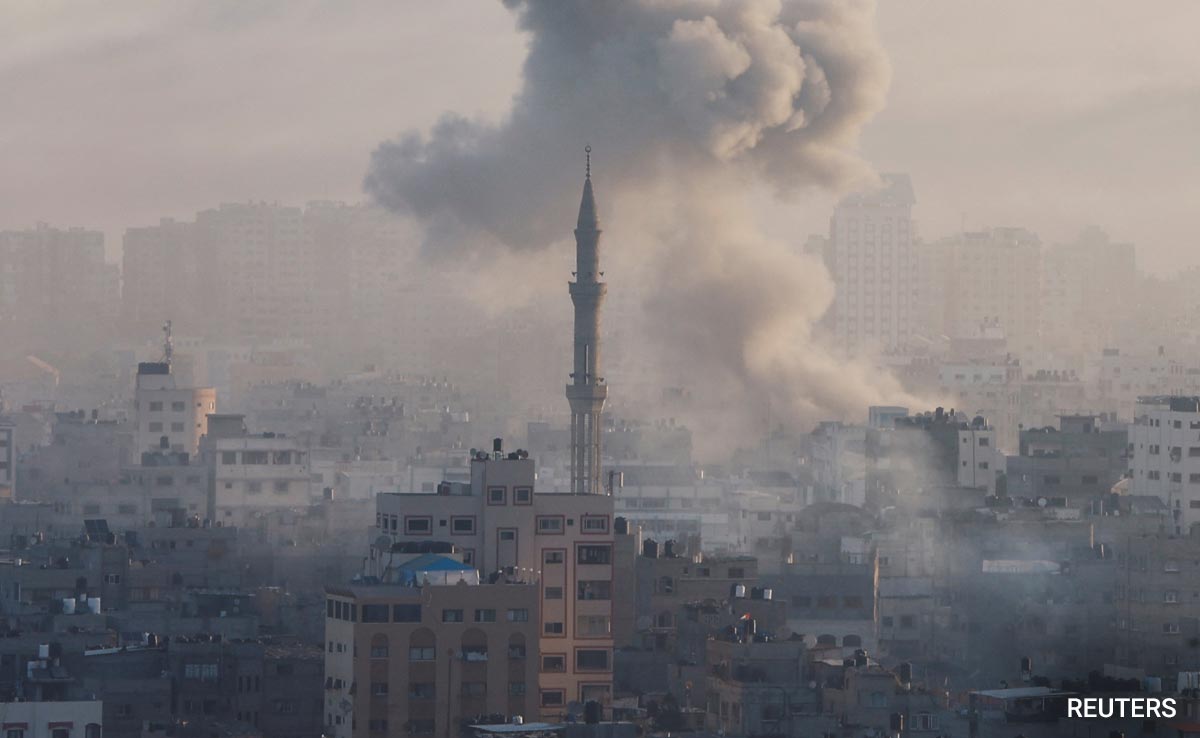When Karim A.A. Khan was sworn in as the chief public prosecutor of the International Criminal Court (ICC) in June 2021, he famously said the Court should be judged by its act — “the proof of the pudding should be in the eating”. By announcing his decision on May 20 to apply for arrest warrants against both the leadership of Hamas and Israel, Mr. Khan seems to have taken an indelible step towards demanding accountability for the Israel-Hamas war.
In an unprecedented event in the history of the World Court, often ridiculed for its glacial slowness, the prosecutor said there are reasonable grounds to believe that three of Hamas’s most senior leaders — Yahya Sinwar, Mohammed Deif and Ismail Haniyeh — along with Israeli Prime Minister Benjamin Netanyahu and Defence Minister Yoav Gallant have committed war crimes and crimes against humanity.
In an international law career spanning decades, the British litigator of Pakistani origin has crafted a reputation as a gifted orator and a formidable prosecutor. Mr. Khan has partly credited his early interest in international human rights to his experience of doing voluntary work with the Ahmadiyya Muslim community, a persecuted sect of Islam, of which he is a member. Before his stint at the ICC, Mr. Khan was a special adviser to UN Secretary-General Antonio Guterres and served for both the defence and the prosecution at several international courts. He was involved in investigating war crimes committed in former Yugoslavia, Rwanda, Cambodia and Lebanon, and also led the UN team investigating crimes committed by the Islamic State terrorist group.
The 54-year-old has faced controversies throughout a career that included stints defending Saif al-Islam Gaddafi, son of the late Libyan leader Muammar Gaddafi, and Charles Taylor, the former President of Liberia who was convicted of war crimes in Sierra Leone. In 2007, Mr. Khan staged a dramatic walkout from the proceedings against the Liberian dictator following a dispute regarding the resources allotted to the defence. In another contentious case, in 2016, the ICC dropped crimes against humanity charges against his client Kenya’s President William Ruto after what was described as a “troubling incidence of witness interference and intolerable political meddling”. A key witness in the case had been killed two years ago.
Also read: Debunked accounts of Hamas’s sexual crimes fuel debates over Israel’s war
Although Mr. Khan was not accused of any wrongdoing, he addressed the mistrial in an open letter before the ICC election detailing how he did everything possible to prevent witness intimidation. The prosecutor was originally not on the shortlist for the ICC role but was later included following discreet lobbying by British bureaucrats and Kenyan officials. The Kenyan government’s campaign for Mr. Khan’s candidacy was attributed to his trenchant defence of its Premier.
Pursuing accountability
Mr. Khan seems to be a man on a mission to establish the ICC’s legitimacy in pursuing accountability from heads of state without fear or favour. Responding swiftly to the 2022 Russian invasion of Ukraine, he sought arrest warrants against Russian President Vladimir Putin and senior Kremlin official Maria Alekseyevna Lvova-Belova last year over their alleged role in the deportation of Ukrainian children. This was followed by a second round of warrants against top Russian commanders over alleged war crimes in Ukraine. Such a relentless pursuit ended up placing Mr. Khan on Russia’s wanted list in an act of retribution.

The decision to seek warrants against Israel’s leadership with staunch opposition from the U.S. and other Western states is a resounding retort to criticism that the Court is biased against African nations where so many of its cases have been focused. While U.S. President Joe Biden has called the move “outrageous”, a dozen Republican senators in April this year, penned a chilling letter “warning” Mr. Khan of consequences after reports began to circulate that such a decision was imminent. But the ICC prosecutor remains undeterred telling CNN that the decision is “not a witch hunt” but in accordance with what is expected from an independent Court.
Well aware of the political ramifications, Mr. Khan has disclosed a list of distinguished experts, two of them former judges, who have backed his claims. While acknowledging that “disinformation has been rife”, the experts have unanimously agreed that the prosecutor’s work has been fair and rigorous. Although it remains to be seen whether the evidence will withstand scrutiny in a courtroom, the English barrister is here to challenge the long-standing scepticism against the efficacy of international law.

